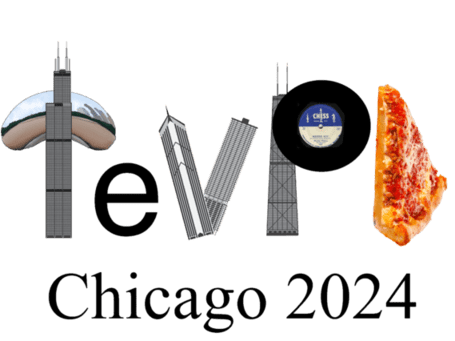Speaker
Description
The searches for the signals associated with the interaction of dark matter particles with target material of liquified noble gases have now entered a region of parameter space where nuclear and electronic recoils lead to no more than a few keV of deposited energy. Under those conditions, uncertainties on the response of the medium to the low-energy recoiling particles become crucial to accurately convert the measured scintillation and ionization yields into the total deposited energy. Located at the INFN Sezioni di Catania, Italy, the Recoil Directionality (ReD) experiment has been measuring argon nuclear recoils induced by neutrons in a miniaturized dual-phase time projection chamber (TPC). In this work, we present the results from ReD’s second phase data taking period, during which a final sample of about 820 neutron-induced liquid argon (LAr) nuclear recoils has been selected and its prompt scintillation (S1) and electroluminescence (S2) signals successfully reconstructed as a function of recoil energy. Data versus Monte Carlo comparisons will be presented as well as a preliminary estimate of the S2 gain factor per ionization electron. We also describe ReD’s upcoming third phase, dubbed ReD+, to take place at Laboratori Nazionali del Sud (LNS), Catania, where deuterium-deuterium (DD) reactions will produce a monoenergetic (2.5 MeV) neutron beam with a generator being commissioned at the University of Sao Paulo Physics Institute. ReD+ is expected to operate with mitigated background rates due to enhanced beam collimation by time tagging of the associated 3He particles inside the neutron generator.

